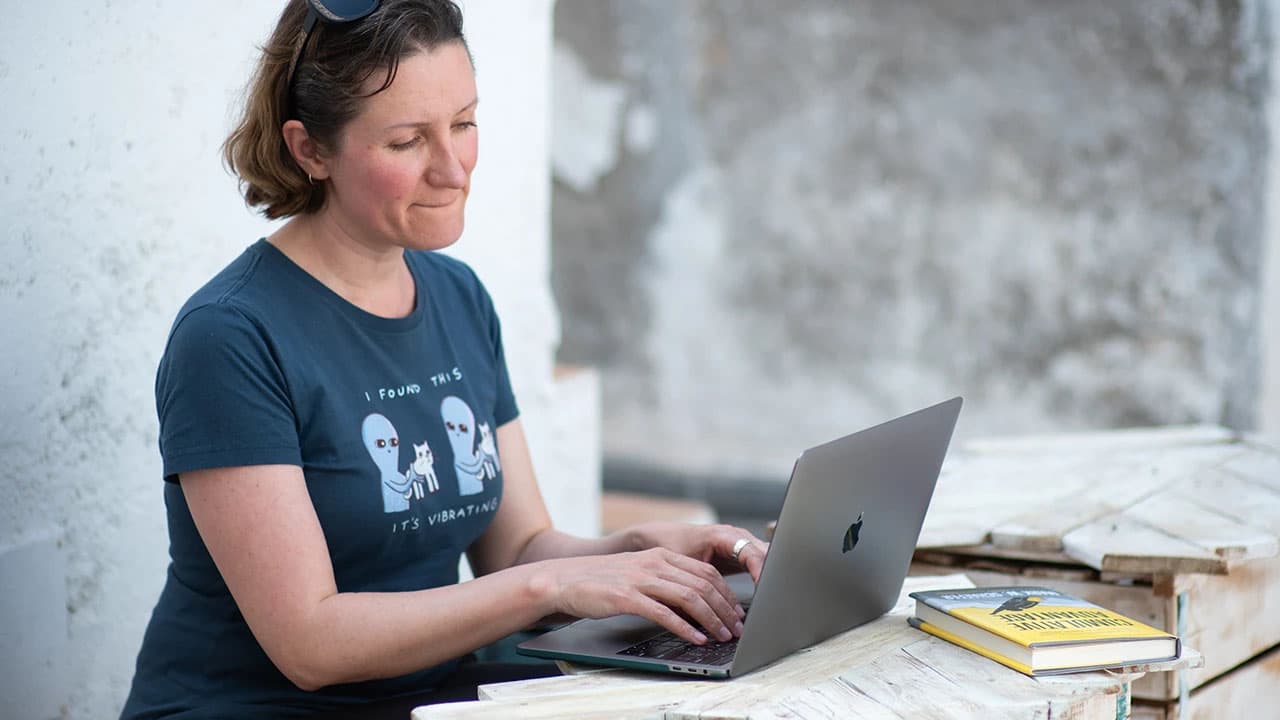Who Manages Wikipedia?
Imagine a vast library, one that is ever-expanding and continuously updated, where you can find information on almost any topic imaginable. This library is not made of bricks and mortar; instead, it's built on the collective knowledge and dedication of volunteers around the globe. Welcome to Wikipedia, the free encyclopedia that anyone can edit.
Wikipedia revolutionized the way we seek information. Since its inception in 2001, it has grown into one of the world's largest reference websites. Its vast array of articles covers topics as various as the plot of the latest superhero movie, to the intricate details of quantum physics. But who keeps this information trove in check? Who ensures that the content remains accurate and reliable?
The Wikimedia Foundation
At the helm of Wikipedia is the Wikimedia Foundation, a non-profit organization based in San Francisco, California. The Foundation was established by Jimmy Wales and Larry Sanger, the original creators of Wikipedia. Its mission is to support and host Wikipedia and its sister projects. It does this by handling the essential aspects of the site's operations, such as the server infrastructure, legal services, and fundraising. If you're curious about the nonprofit behind Wikipedia, you can visit its site at wikimediafoundation.org.
Volunteers: The Heart and Soul of Wikipedia
While the Wikimedia Foundation lays the groundwork for Wikipedia's functionality, the content itself is managed by a diverse and passionate community of volunteers. These individuals come from all walks of life and corners of the globe, and they contribute to Wikipedia for various reasons: some for the joy of sharing knowledge, others for the satisfaction of refining a worldwide resource.
Wikipedia's editors, more commonly known as Wikipedians, are the ones who write, edit, and update articles. These volunteers dedicate their time to make sure that the information is as accurate as possible. They follow a strict set of guidelines and utilize reference materials to ensure that all content is verifiable.
Administrators and Other Roles
Within the community of editors, there are those with additional responsibilities. Administrators, often referred to as admins, have the ability to enforce rules, protect pages from vandalism, and resolve disputes among editors. They serve more like custodians than bosses, as the community governs itself through consensus and discussion.
Beyond admins, there are various other roles filled by community members who have taken on specific tasks like fighting spam, fostering new contributors, or aiding in technical development.
The Review Process
Contributors do not just write articles and then move on; all edits are subject to review by other editors. This is a core principle of Wikipedia's quality control. The review process involves scrutinizing new edits for accuracy, neutrality, and adherence to Wikipedia's standards. Articles on controversial topics or those prone to misinformation are often "locked" to prevent disruptive editing, requiring changes to go through a more rigorous vetting process.
Wikipedia and its Reputation
In the past, Wikipedia faced criticism over the reliability of its articles. But over the years, the Wikimedia Foundation and the editorial community have put in place robust mechanisms that significantly improve the credibility of the encyclopedia. Today's Wikipedia is a vastly different platform compared to its early days, with structured editorial processes and a more mature approach to information management.
Remaining Transparent
Wikipedia operates with remarkable transparency. All article edits are publicly visible through the "History" tab at the top of each article, meaning anyone can track changes over time. Discussions related to content or editorial disagreements are also accessible, usually found on an article's "Talk" page. This openness allows the community to hold itself accountable and also lets the public see the work that goes into maintaining the integrity of the knowledge presented.
Looking Toward the Future
The world of Wikipedia is always evolving. The Wikimedia Foundation and its community of volunteers are constantly at work, developing new ways to enhance the user experience, refine editorial processes, and increase the depth and breadth of the content available.
Wikipedia is more than just an encyclopedia; it is a symbol of shared human knowledge and collaboration. It stands as a testament to what can be achieved when people come together for the common goal of spreading information and education freely to the corners of the world.
Managing Wikipedia is no small feat, and it's thanks to the dedication of countless individuals that we can access this treasure trove of knowledge. Whether you're looking to settle a debate, start research, or simply satisfy a spur-of-the-moment curiosity, Wikipedia is there, thanks to the collaborative effort that keeps it running smoothly.












